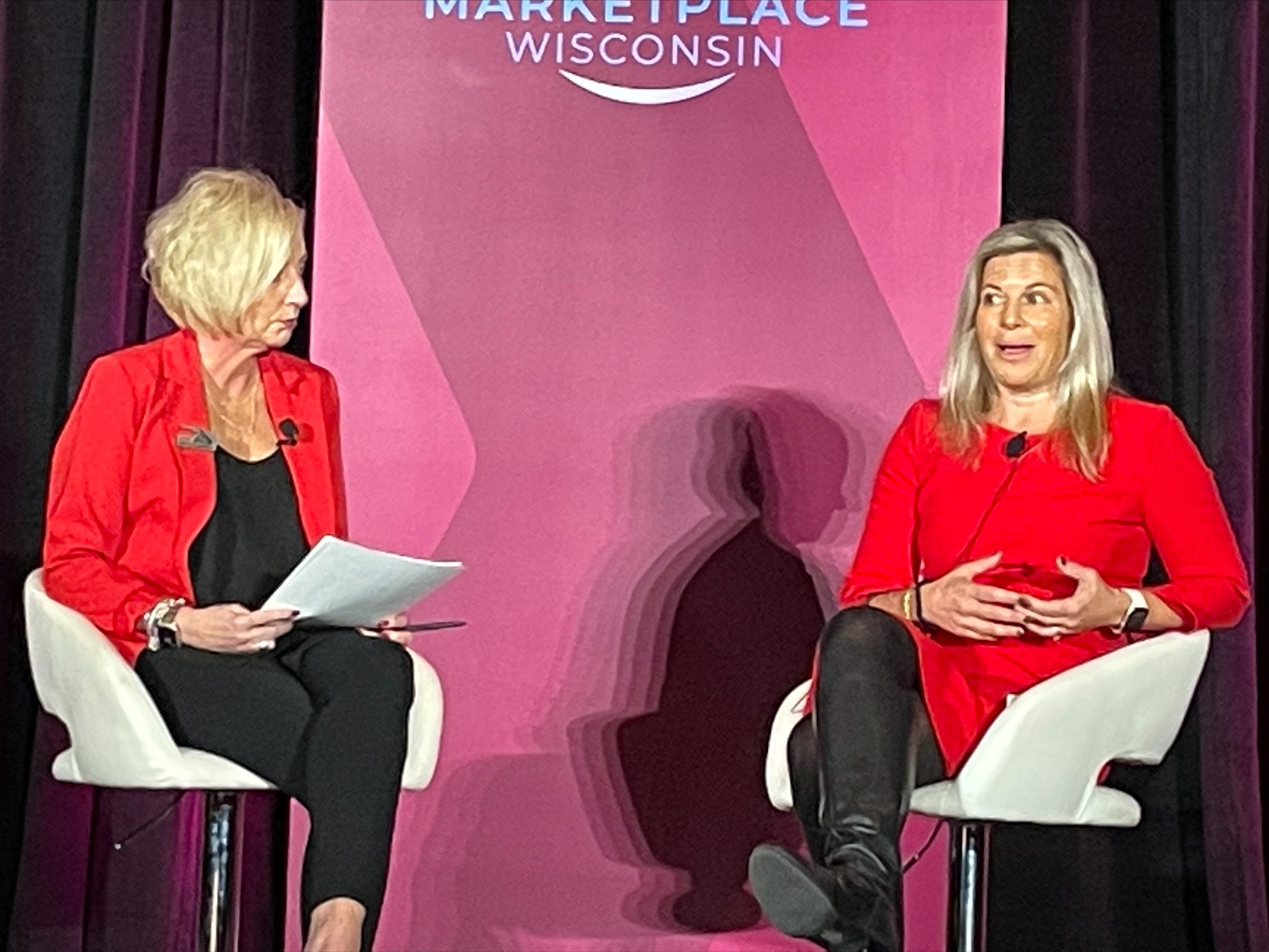In addition to WEDC’s resources to help businesses deal with and recover from the effects of the COVID-19 pandemic, the U.S. Small Business Administration (SBA) has financial and other resources available for small businesses.
The Paycheck Protection Program (PPP) provides loan forgiveness for retaining employees by temporarily expanding the traditional SBA 7(a) loan program. In Wisconsin as of May 30, more than 80,000 businesses had received PPP loans totaling more than $9.7 billion.
PPP was created with the passage of the Coronavirus Aid, Relief and Economic Security (CARES) Act on March 27. Last week, Congress passed the PPP Flexibility Act to help with the challenges many small businesses faced in making the program work because of the persistence of the crisis and the nature of their costs. With the recent updates:
- Small businesses can use the funding for up to 24 weeks instead of the original eight weeks.
- Instead of requiring 75% of the funds to be used for payroll costs, that amount is dropped to 60%.
- The period to rehire employees is now extended to Dec. 31, 2020, and if the loan is not forgiven entirely, businesses have up to five years to pay it back, instead of just two years.
An Economic Injury Disaster Loan (EIDL) advance provides up to $10,000 of economic relief to businesses that are experiencing temporary difficulties. In Wisconsin as of the latest update on May 8, 39,818 organizations had received more than $141 million in advances. This is in addition to the 8,236 organizations had received more than $598 million in loans in Wisconsin as of May 30 through the EIDL program.
SBA Express Bridge Loans enable small businesses that have an existing relationship with an SBA Express lender to access up to $25,000 quickly. In addition to making these bridge loans available, the maximum amount for SBA Express Loans has been increased to $1 million through Dec. 31, 2020, and the up-front guaranty fee on SBA Express Loans has also been permanently set to zero. See a list of SBA Express and Preferred lenders in Wisconsin.
The SBA is also providing debt relief to small businesses during the COVID-19 pandemic. As part of these coronavirus debt relief efforts, the SBA will pay six months of principal, interest and any associated fees that borrowers owe for all current 7(a), 504, and microloans in regular servicing status, as well as new 7(a), 504, and microloans disbursed prior to Sept. 27, 2020. This relief is not available for PPP or EIDL loans. Borrowers do not need to apply for this assistance. It will be automatically provided as follows:
- For loans not in deferment, the SBA will begin making payments with the next payment due on the loan and will make six monthly payments.
- For loans currently in deferment, SBA will begin making payments with the next payment due after the deferment period has ended, and will make six monthly payments.
- For loans made after March 27, 2020, and fully disbursed prior to Sept. 27, 2020, the SBA will begin making payments with the first payment due on the loan, and will make six monthly payments.
In addition, for SBA-serviced disaster loans for homes and businesses, if the disaster loan was in regular servicing status on March 1, 2020, the SBA is providing automatic deferments through Dec. 31, 2020.
The SBA has already notified 7(a), 504 and microloan lenders that it will pay these borrower loan payments. Lenders have been instructed to refrain from collecting loan payments from borrowers. If a borrower’s payment was collected after March 27, 2020, lenders were instructed to inform the borrower that they have the option to have the loan payment returned or to apply the loan payment to further reduce the loan balance after the SBA payments. Borrowers should contact their lender if they have any questions regarding this payment relief.
Learn more about SBA resources for COVID-19 recovery and find the latest updates.






